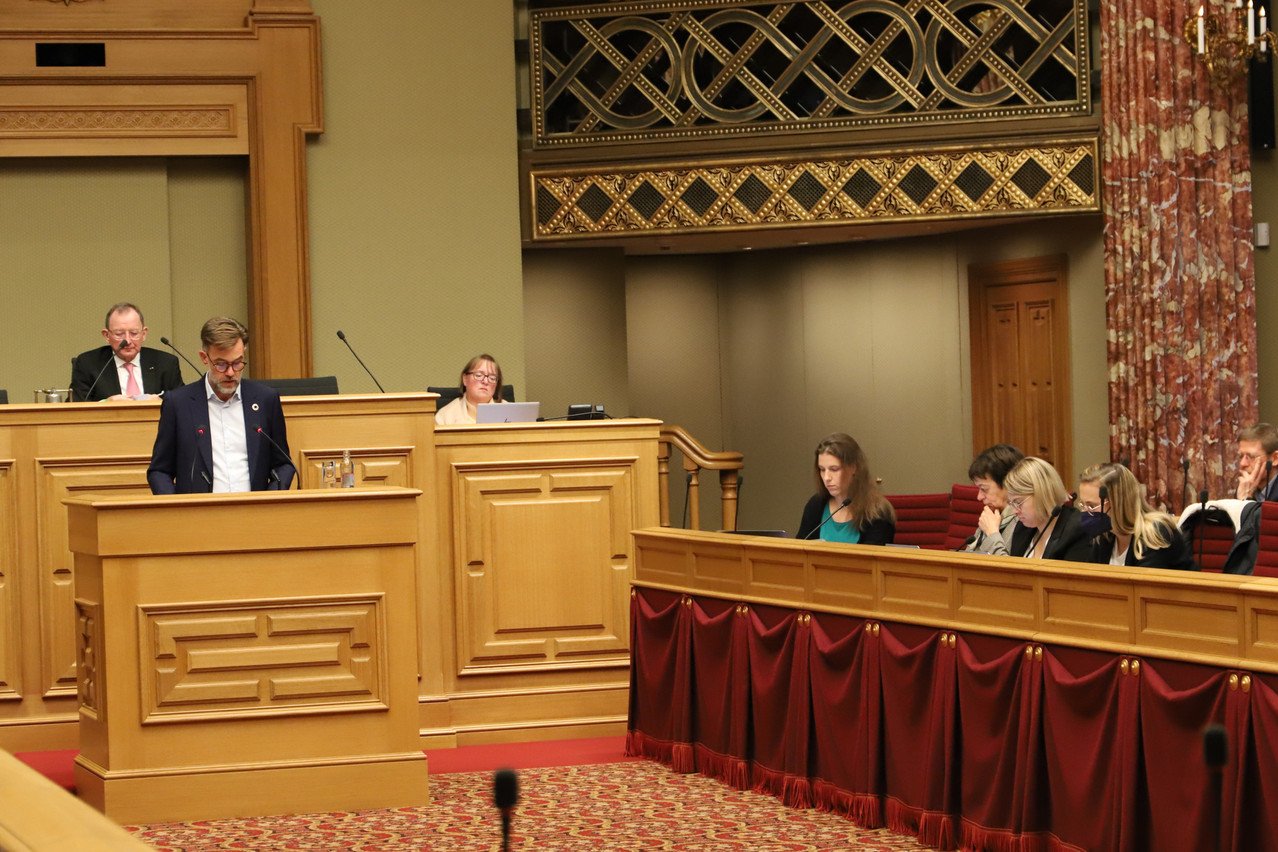Fayot (LSAP) on 17 November delivered a speech to parliament about priorities in the government’s humanitarian assistance and development cooperation policy. This followed an address by foreign affairs minister Jean Asselborn (LSAP) last week.
Here are some of the key takeaways:
- Uphold 1% of GNI spending: Luxembourg will continue spending 1% of gross national income on development assistance, Fayot said. Because of the pandemic downturn in 2020, this meant a drop in €43m with €396m spent. This year, recovery also means a bigger budget.
- Everything’s connected: “The connections between climate, gender inequalities, economic and social questions must be looked at systematically to build more resilient societies,” Fayot said, adding that projects must be coherent and mutually reinforcing.
- Everyone needs to get involved: “We will never reach the SDGs without the private sector,” Fayot said about the UN’s sustainable development goals.
- Change in strategy: “We need a new approach for a more sustainable, inclusive and resilient development,” Fayot said. Luxembourg has presented new strategies, for example including climate change considerations in its development cooperation projects.
- Inclusive finance: Luxembourg recently signed an MoU to support Rwanda’s financial centre in Kigali. Enabling access to financial services is important to help poor populations, Fayot said. Inclusive finance, for example, helps provide insurance products to small-scale farmers. The grand duchy is a frontrunner in this domain, Fayot said, with its financial centre ideally placed to take a leading role.
- Digitalisation: Alongside inclusive finance, digitalisation presents a major opportunity, Fayot said, for example in the areas of health and education, connecting people in isolated regions.
- Vaccine equity: “We are far from a far distribution of vaccine,” Fayot said, adding that Luxembourg had doubled its contribution to the Covax scheme--a global alliance to deliver doses to the world’s poorest countries--to €4m.
- Closing representations: Luxembourg has called back non-essential staff from its embassy in Ethiopian capital Addis Ababa over security fears as well as closing its representation in Nicaragua following sham election in November and a crackdown on opposition figures. Fayot said Luxembourg would not abandon populations in need but will find ways of supporting local NGOs. The country is also providing security training to NGO workers, the minister said.
- Luxdev overhaul: Luxembourg development cooperation agency Luxdev will see its statutes, dating from 2004, overhauled, Fayot said, adding that he wants the organisation to be more closely tied to the ministry. Luxdev manages public funds allocated to partner countries.
- Humanitarian need: This year marks a negative record for human rights around the world, Fayot said. Crises such as the one in Afghanistan mean other regions are at risk of receiving fewer funds. The minister cited donor fatigue amid a litany of conflicts. Luxembourg in 2022 will increase is humanitarian assistance to €60m, money that is “sorely needed,” he said.
